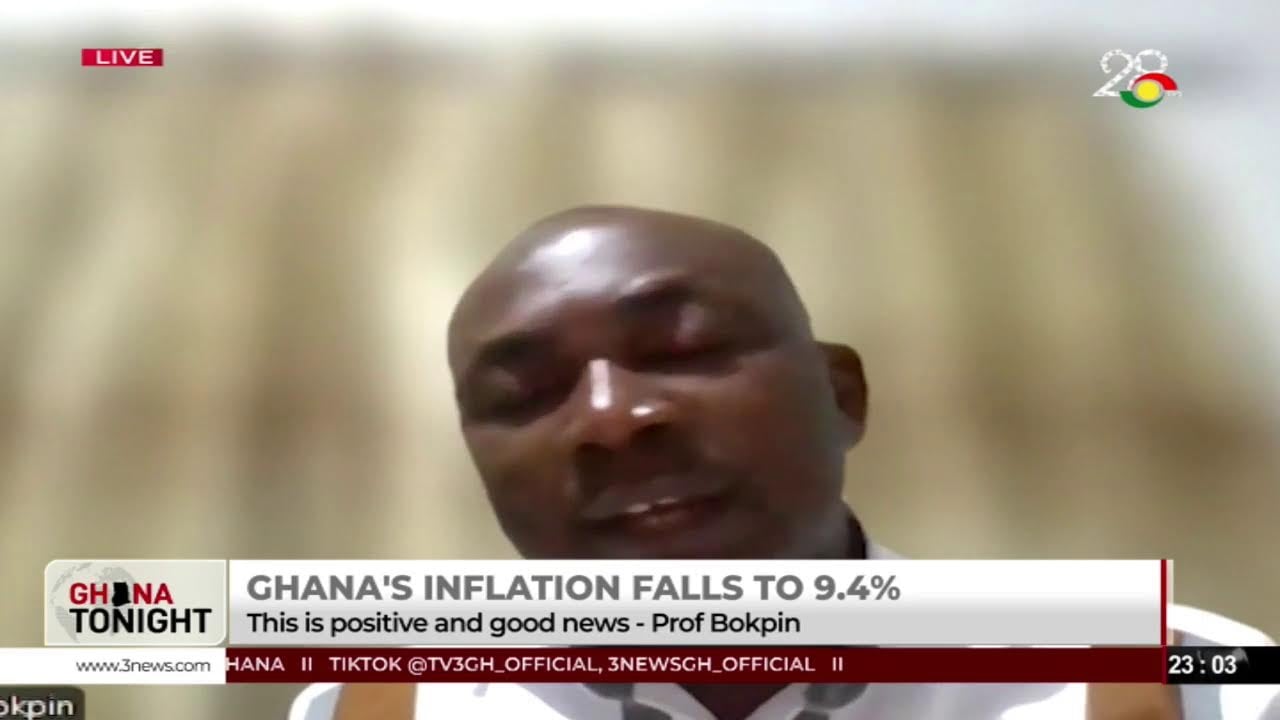
By Norman Adu BAMFO
The decision by the Bank of Ghana (BoG) to revise the allowable FX Net Open Position (NOP) for banks from a symmetric band of –5percent to 5percent to a more restrictive –10percent to 0percent represents a significant shift in market regulation.
While the policy is aimed at stabilizing the Ghanaian cedi and curbing speculative pressures, it carries important consequences for market liquidity, pricing, and institutional behavior.
- Impact on FX market liquidity
Under the old regime, banks could hold both long and short USD positions, allowing for two-way trading that supported deeper liquidity and healthier price discovery. The removal of long USD positions now forces all banks into either flat or short positions, reducing diversity in trading strategies.
As a result, FX liquidity is likely to thin out, particularly during periods of elevated demand for dollars. A one-sided market structure could exacerbate volatility rather than dampen it, as sudden shifts in demand may not be met with sufficient counterparties on the other side.
- Pressure on market pricing and spreads
With speculative positioning curtailed, interbank FX trading may shift away from active price-making toward more passive client-driven transactions. This could result in wider bid-ask spreads as banks seek to compensate for reduced flexibility and increased compliance costs. The absence of long-position takers also means exporters and corporates looking to hold or hedge USD may face higher costs or less favorable terms, potentially pushing them toward offshore markets.
- Constraints on risk management
Some Banks naturally accumulate USD exposures through trade financing, correspondent banking balances, and client flows. Previously, the 5percent allowance enabled treasurers or dealers to warehouse foreign currency and hedge these exposures internally.
The new restriction increases reliance on offshore hedging markets, which are less liquid and often more costly for Ghanaian banks. This raises the systemic risk of mismatches and could increase funding costs during episodes of cedi weakness.
- Reduced speculative pressures but weaker trading revenues
On the positive side, the policy directly curbs speculative bets on cedi depreciation, historically a driver of rapid currency weakening. By forcing banks out of long USD positions, the BoG reduces the immediate incentive to hoard dollars.
However, this also diminishes an important revenue source for FX trading desks, which will need to shift focus from proprietary positioning to thin-margin client flows. Over time, this could make FX trading a less attractive business line for local banks, reducing competition and market dynamism.
- Implications for investor confidence and capital flows
For foreign investors, the policy signals the BoG’s determination to stabilize the cedi and reduce speculative pressure. This may enhance confidence in Ghana’s monetary authorities.
Yet, the reduced liquidity and limited hedging options could also deter portfolio investors and multinationals who require flexible risk management tools. The challenge for policymakers will be to balance currency stabilization with ensuring Ghana remains an attractive and competitive financial market.
Strategic assessment
In the short term, the new NOP limits may support the cedi by suppressing speculative demand for USD. However, the medium-term risks include shallower market liquidity, wider spreads, and reduced competitiveness of local banks in FX intermediation.
The success of the policy will therefore depend on complementary measures: deepening the FX derivatives market, strengthening transparency in client flows, and ensuring access to alternative hedging instruments. Without such measures, the rule could inadvertently weaken market efficiency while only temporarily restraining depreciation pressures.
Summary – Old vs New NOP rules: Opportunities vs risks
| Aspect | Old Rule (–5percent to 5percent) | New Rule (–10percent to 0percent) |
| Treasury/Market Flexibility | Can hold limited long USD for hedging or liquidity buffers | No long USD allowed; reduced hedging flexibility |
| Profit Opportunities | Directional bets on cedi depreciation ( 5percent) possible | Speculative long USD profits removed; only client flows |
| Market Liquidity | Two-way positioning supported deeper FX market | One-sided short USD positions may reduce liquidity |
| Risk Exposure | Balanced exposure; moderate losses if cedi appreciates or depreciates | Banks vulnerable if cedi depreciates sharply (short USD bias) |
| Client Service | More flexibility to meet importer/exporter FX needs | Harder to serve exporters/investors wanting USD holdings |
>>>the writer is a seasoned professional in risk, finance, banking, and treasury management with over a decade of academic and industry experience. He holds an MPhil in Finance (UGBS) and a First-Class Honors BSc in Actuarial Science (KNUST), and is a Chartered Global Investment Analyst as well as an ACI-Certified Treasury Professional (Distinction). A member of ACIFMA Ghana, he also holds a Leadership and Management Certificate from IMD Business School, Switzerland. He serves as a Part-time Lecturer at the University of Ghana Graduate Business School and Instructor at the National Banking College. His dual engagement in academia and industry enables him to bridge theory and practice, advancing financial market knowledge, innovation, and governance across Ghana’s banking sector. He can be reached via [email protected], 233240402075
The post Potential financial market impacts of new FX Net Open Position (NOP) rule: Old vs New NOP rules – Opportunities vs risks appeared first on The Business & Financial Times.
Read Full Story

















Facebook
Twitter
Pinterest
Instagram
Google+
YouTube
LinkedIn
RSS